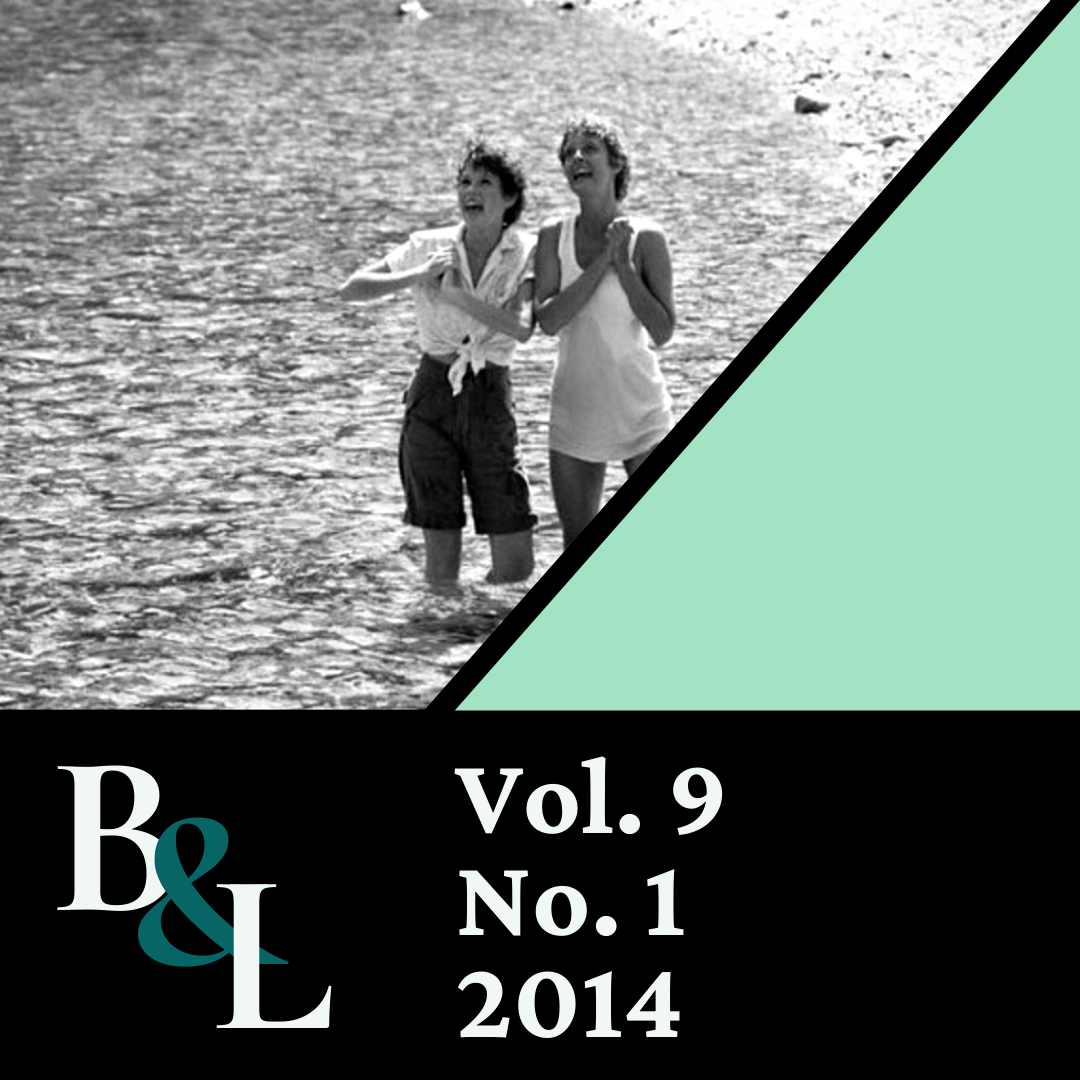Reviving Ophelia
Reaching Adolescent Girls through Shakespeare's Doomed Heroine
Keywords:
Hamlet, Ophelia, Young Adult LiteratureAbstract
With the publication of Mary Pipher's Reviving Ophelia in 1996, Shakespeare's Ophelia became a symbol for adolescent girls who are drowning in the pressures of their day-to-day life. Pipher's appropriation of Ophelia resonated with readers, and the idea of saving Ophelia has become a metaphor for the act of helping young women to withstand the social pressures of the twenty-first century. Speaking directly to young readers, authors Lisa Klein and Lisa Fiedler take the current connotations of the character back to Hamlet by creating young adult novelizations of Shakespeare's play from Ophelia's point of view. In Dating Hamlet (2002) and Ophelia (2006), Fiedler and Klein re-create Ophelia by presenting her as a capable, headstrong teenage girl who can survive the painful circumstances that drive her Shakespearean predecessor to madness and early death. By revising Ophelia and creating newer, more assertive versions in their novels, Fiedler and Klein subvert the critical tradition of Hamlet and invert the popular perception of Ophelia in an effort to create relatable role-models for their young readers. Fiedler and Klein use the comfortable distance of the Shakespearean source text and the historical romance genre to address contemporary social concerns (including education, sexism, consensual sex, and date rape). Both authors rely on a cultural familiarity with Shakespeare to provide alternate readings of Hamlet that focus on giving Ophelia more autonomy as a way of encouraging their teenage readers to embrace their own agency.


